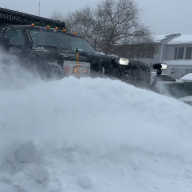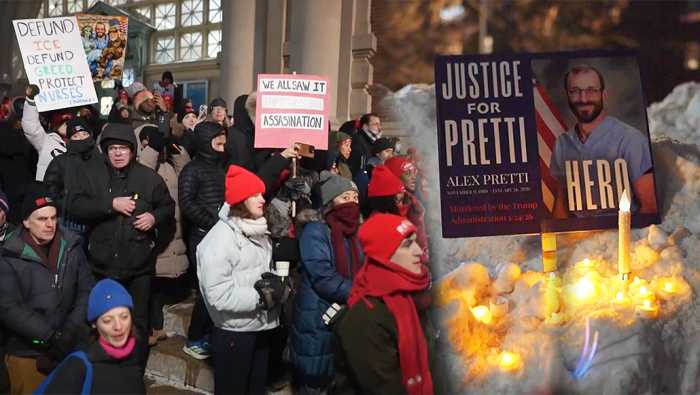Black-owned businesses play a vital role in the economic and cultural fabric of Long Island. We create jobs, support local causes, and help build strong, resilient communities. But like all small businesses, we’re constantly balancing rising costs with tight margins. So, when new legislation that could impact our bottom lines comes along, especially something as far-reaching as how many of the products we sell and their packaging are regulated, we pay close attention.
As lawmakers in Albany move beyond the state budget process and begin considering measures like the Packaging Reduction and Recycling Infrastructure Act, we remain concerned with how this proposal is currently written. The bill aims to reduce waste by making manufacturers financially responsible for the materials they produce, a policy known as Extended Producer Responsibility, or EPR. While that may sound like a straightforward fix, what often gets lost in the conversation is who actually ends up footing the bill.
In reality, those costs never stay with manufacturers – they get passed down to distributors, retailers, and ultimately small businesses and consumers. This legislation risks driving up prices on everyday goods, squeezing small business owners already working hard to stay competitive. For Black-owned businesses, which often face added financial barriers and more difficulty accessing capital, the impact would be even greater.
We’re encouraged that state Sen. Monica Martinez (D-Brentwood) introduced an alternative proposal, the Affordable Waste Reduction Act, which avoids many of those pitfalls. It takes a more balanced approach, still aiming to reduce packaging waste, but in a way that gives small businesses room to adapt and avoids unnecessary cost burdens.
Crucially, the Affordable Waste Reduction Act embraces innovative recycling solutions, including technologies that recycle materials infinitely. While traditional, mechanical recycling methods are limited in what they can process, the latest systems can break down more complex packaging and reuse it in a cost-effective way. It keeps more waste out of landfills and lower costs for businesses trying to comply with new rules. It’s not just about recycling better, it’s about giving packaging producers more tools to meet state goals without driving up costs that eventually lead to higher prices on the shelf and less foot traffic in local shops.
By recognizing these technologies, this new bill creates real flexibility. Without that, businesses would be left with fewer options and higher compliance costs, which inevitably squeeze margins and send customers to big box stores that can absorb price hikes. For these reasons, innovative solutions should be front and center in any EPR legislation that Albany might take up this year.
The Affordable Waste Reduction Act also moves away from a one-size-fits-all fee structure. It accounts for how recyclable or impactful a product’s packaging actually is. This is important because it rewards manufacturers who make smart design choices and protects small businesses from subsidizing wasteful practices they have no control over.
Local business owners aren’t opposed to EPR, but we know how policy plays out on the ground, and how government mandates trickle down to our customers and our communities. We also know that added costs, no matter how small they seem on paper, can determine whether a business can grow, hire, or keep its doors open. In communities where prices are already rising and incomes aren’t keeping pace, that matters.
We need an approach to sustainability that’s built for today’s economic realities. With this new bill on the table, they can move forward with a plan that reduces waste without saddling the very businesses that keep our communities running.
Phil Andrews is President of the Long Island African American Chamber of Commerce.

































